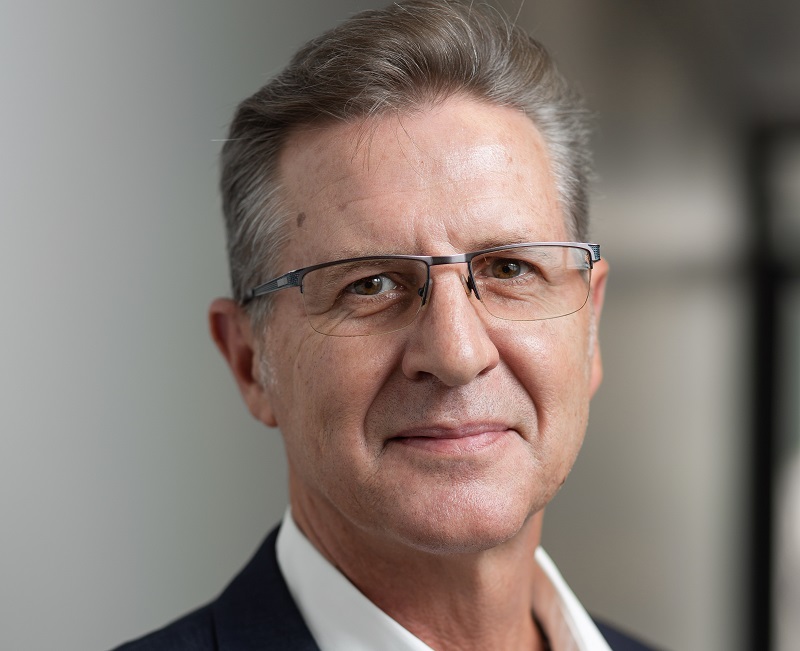Africa’s MNOs, SPs invited to ‘break the shackles of vendor lock-in’
Delegates to deep dive into opportunities linked to commercial 5G rollout.

South African MNOs, internet and telecommunication service providers, alongside their peers from Sub-Saharan Africa, are scheduled to gather in Johannesburg on 7 July to explore what organisers describe as “a rapidly growing movement to break the shackles of vendor lock-in using OpenRAN (ORAN) solutions” as they transition to 5G.
NEC XON is going to use this event to show representatives how they can use ORAN to support the commercials of a gradual deployment of 5G, connectivity expansion, and coverage with the infrastructure and services to support it in Africa.
“MNOs and SPs are enabling Africa’s digital transformation via connectivity for smart infrastructure and end user services,” says Anthony Laing, GM of Networks at NEC XON. “We’re making sure they have the world’s best 5G and ORAN technologies in models that support uniquely African scenarios. In the digital transformation era, everything is mobile, it all requires connectivity and bandwidth, and it must reach everywhere. We need to go further, for less, and reliably, on smaller footprints and preferably off-grid.”
Organisers have introduced Rakuten Symphony as “the world’s leading use case of 5G ORAN” and said a senior executive will demonstrate at the event how African MNOs and SPs can use ORAN to protect their 4G investments as they develop their 5G roadmaps.
A key panel discussion will explore how networks will benefit from an integrated, multi-vendor 5G ORAN solution and why this will be the mostly widely adopted model in Africa going forward.
Prof Brian Armstrong, WITS University’s Chair of Digital Business, is scheduled to deliver the keynote presentation and will explore how we can enable African communities through digital adoption using 5G as a cost-effective connectivity medium.

“The key success of ORAN is breaking vendor lock-in,” says Willem Wentzel, Head of Wireless at NEC XON. “It shatters the traditional expense associated with building these networks, dropping the costs by 30% to 40% according to the analysts and the proofs that have been deployed internationally. With the standards-based integration and interoperability, multi-vendor solutions are much more cost-effective, in some cases enabling networks to double their footprint for the same costs of a proprietary network. And the networks can deploy the best-of-breed technologies in every element of the network, so they gain performance and efficiency benefits as well.”
The Japanese ambassador to South Africa, H.E. Norio Maruyama, will open the event.
